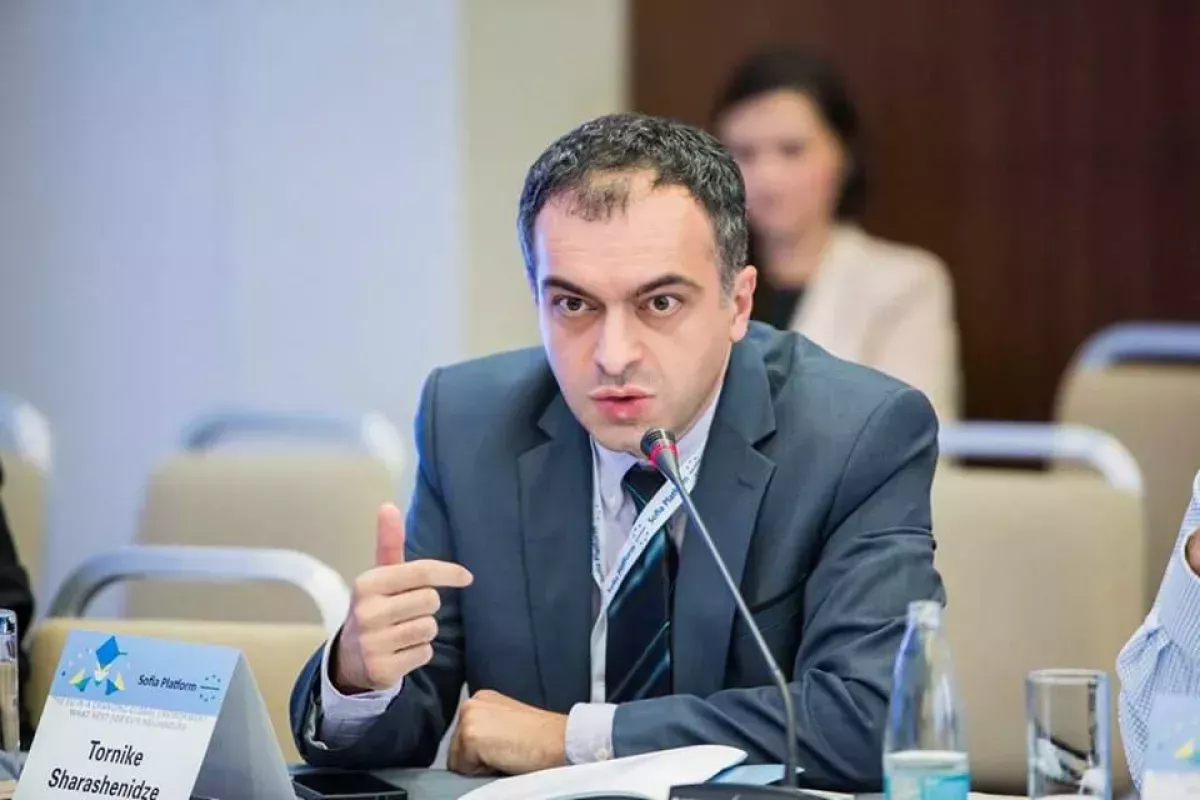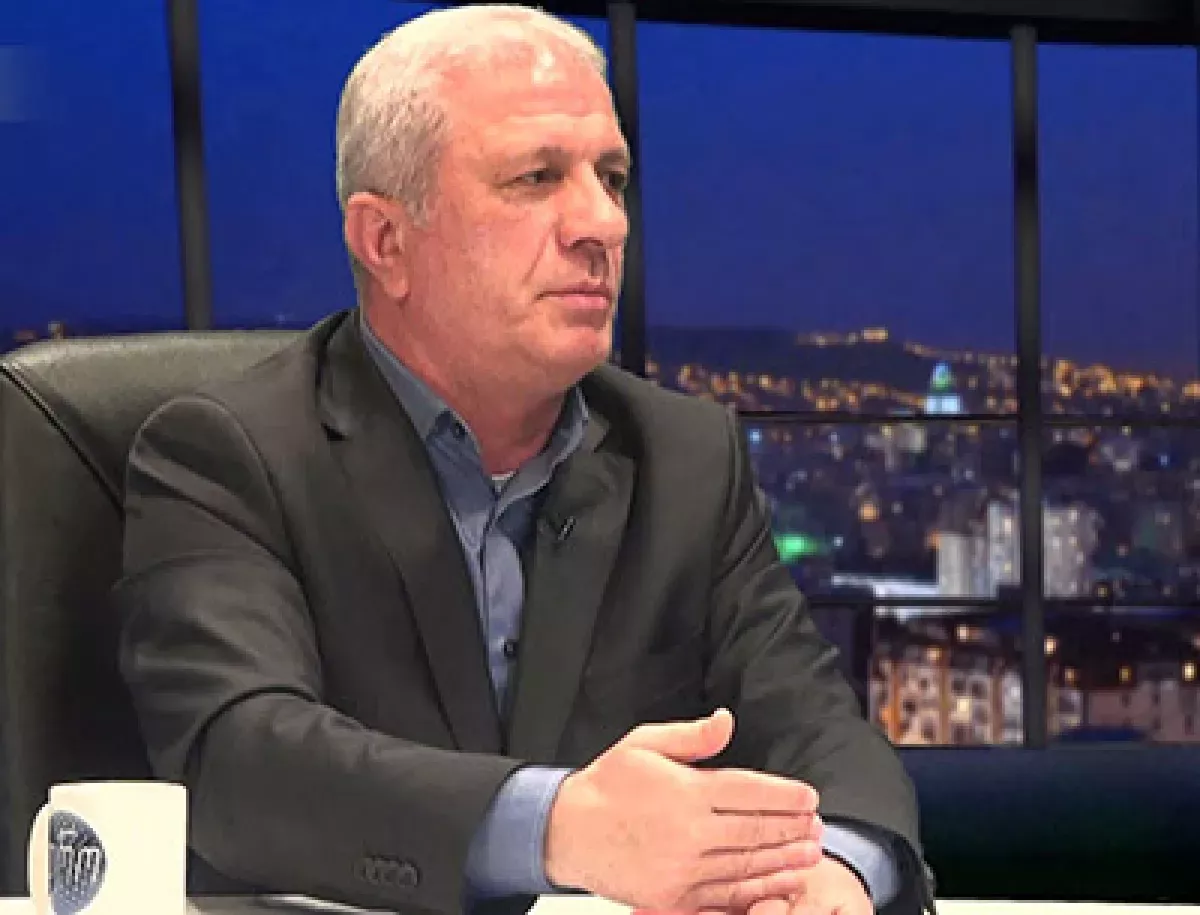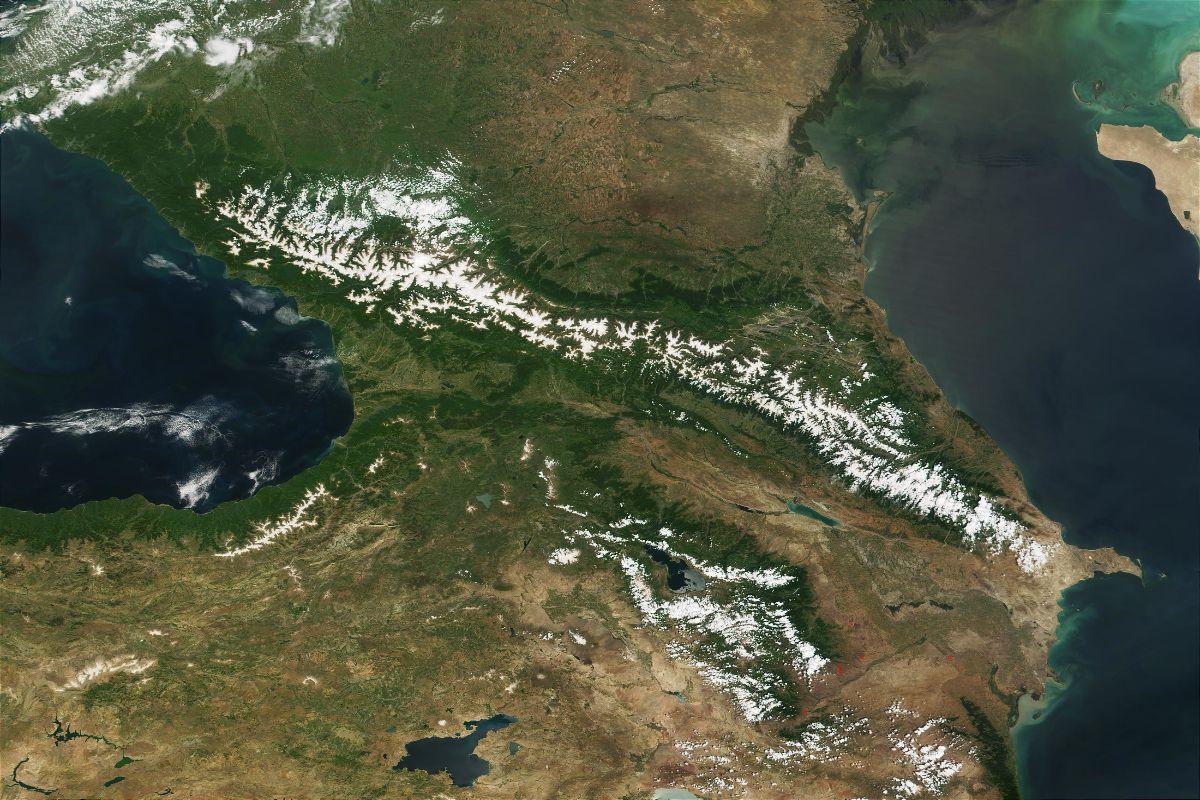Georgia and Zangezur Corridor: new transport architecture in South Caucasus Expert opinions on Caliber.Az
Recently, the topic of the Zangezur Corridor and the “Trump Route for International Peace and Prosperity” — TRIPP, which is one of the corridor’s sections and passes through Armenian territory — has increasingly dominated the South Caucasus agenda.
Notably, Georgia, as one of the regional countries, has not remained on the sidelines of this issue. This is evidenced, in particular, by the recent visits to Tbilisi of Armenian President Vahagn Khachaturyan and a U.S. State Department delegation led by Senior Advisor Jonathan Askonas. At all the high-level meetings held in the Georgian capital, the impact of the Zangezur Corridor in general and the TRIPP project in particular on regional development was the main topic of discussion.
But how does Tbilisi itself view Georgia’s participation in unblocking communications in the South Caucasus? And what proposals did the American delegation present to the Georgian side? Caliber.Az asked Georgian political analysts to comment on these questions.

The Head of the MA Program of International Affairs at the Georgian Institute of Public Affairs (GIPA), Professor Tornike Sharashenidze, noted that Tbilisi fully supports the launch of the Zangezur Corridor and the TRIPP section.
“Georgia, as an important regional player, could become one of the corridor’s transport actors and a guarantor of its secure implementation in the region. Political support from Tbilisi for this initiative is extremely important for the United States. As we know from Prime Minister Pashinyan, a joint company will be created under the management of a Board of Directors, which will include representatives from Armenia and the U.S. I can assume that Georgia could also become a full participant in such a format, and there is clear interest from Washington in this,” the political analyst said.

Meanwhile, Georgian international affairs expert Giorgi Gogua believes that the Zangezur Corridor in general, and TRIPP in particular, are guarantees of peace and stable development in the South Caucasus, but the risks associated with their implementation must be carefully considered.
“It is well known that the Zangezur route is perceived by Russia and Iran as a geostrategic obstacle. It should also be remembered that in Armenia, the pro-Russian opposition (Kocharyan — Sargsyan) will attempt to destabilize the situation in the country whenever they get the chance. Therefore, these risks must be thoroughly assessed and mitigated.
As for Georgia, the U.S. State Department Senior Advisor arrived in the country to hear the Georgian government’s position on the Zangezur Corridor. It should be noted that at the state level, Tbilisi supports the operation of the corridor.
Jonathan Askonas’ visit also signals the prospect of opening a new chapter in Georgia–U.S. relations. Another point to consider is that the opening of the Zangezur Corridor has received negative reactions from certain segments of Georgian society, as some believe it could reduce Georgia’s geostrategic role by decreasing the transit of goods through the country to Europe,” Gogua said.

Moreover, Zaal Kasrelishvili, Chairman of the Confederation of the Peoples of the Caucasus, believes it is quite evident that the American delegation came to discuss the development of the Middle Corridor and the Zangezur route.
“TRIPP is called the ‘Trump Route,’ which indeed gives it a certain moral advantage, but this does not mean that the Baku–Tbilisi–Kars transport artery will be sidelined or relegated to a secondary role. Georgia will simply need to better regulate tariffs and improve service and maintenance on its section of the route, which, in my view, is entirely achievable,” the political analyst said.
He noted that competition between the corridors is natural: “Zangezur does create a serious competitive environment for the route through Georgia, and this is a normal process. Once again, certain issues must be resolved — for example, technical aspects such as service, tariffs, efficiency, and agreements with major global transport companies. There are only three or four of these corporations, and you need to engage with them. It’s simple: goods will go wherever it is most profitable. If Tbilisi provides better conditions for its section, then they will choose us.
Georgia also has an important advantage: via the Black Sea, it can access European ports such as Burgas, Varna, and Constanța directly. If ferry capacities are increased, volumes will rise as well. Every country seeks to gain benefits; there is nothing unusual about that,” the analyst said.
Kasrelishvili also outlined what Tbilisi itself should do.
“Americans or Europeans should not be the ones proposing anything to Georgia. We need to come forward with proposals — improved tariffs, better service, and greater efficiency on the Baku–Tbilisi–Kars route. Goods should not be delayed or pass through four or five countries; they should move directly along the Azerbaijan–Georgia–EU ports track. And this is not just about oil products — the entire spectrum of freight transport is important. The Armenian delegation also visited; it is in their interest to send their goods through Georgia, as they need access to the sea. Everything will come down to where it is cheaper, faster, and more convenient. The U.S. understands that, because of the multi-vector nature of the Zangezur Corridor, the Georgian route will not lose relevance; on the contrary, it could become even more in demand, because we are talking about launching the entire communication system in various directions, at least from South to North and back,” the expert explained.

He further reminded of the need for alternatives: “The West, and the logic of transport corridors in general, never rely on a single option. They need alternatives. This is also a matter of security. That is why the Georgian route remains both attractive and reliable.”
The expert expressed the view that the U.S. delegation’s visit was primarily focused on the Georgian route.
“Some will find it profitable to send goods one way, others another way, and that’s normal. China, for example, competes with Türkiye in certain segments of global trade. If Chinese goods go through Zangezur, they would strengthen their competitors — the Turks. Why would they want that? It is more profitable for them to transport through Georgia. Of course, some goods will go through Zangezur — especially from Central Asia and Turkic-speaking countries. But Baku–Tbilisi–Kars [BTK] also works. Everything depends on prices, service quality, and conditions for carriers. The Americans’ visit is a signal to Georgia that they are also interested in the BTK route. It all depends on us: we must offer favorable conditions, and they will decide — whether to accept or negotiate, both economically and politically. This is a natural process. A completely new transit and transport architecture is taking shape in the South Caucasus, which includes healthy competition,” the political analyst concluded.








